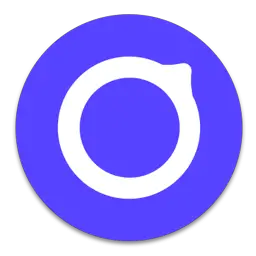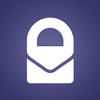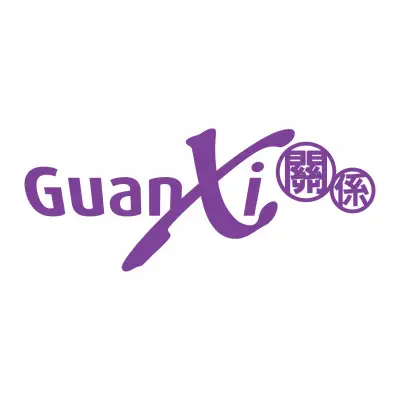By Roscoe Van Der Boom
Facebook, Twitter, LinkedIn, Google+, Bebo, Flickr, Instagram, YouTube, MySpace, Sound Cloud, Vox, Vimeo, Pinterest, Yelp...and the list goes on. I remember the days when all I had was an email address and a phone number. And even before that….suddenly I feel old.
The revolution came with Facebook (no one remembers MySpace). I joined in 2005 and loved being able to share my content with friends and family in a “private” space. The interface was simple and user-friendly. Definitely an upgrade from email. Enter the age of centralized social media.

The first feature that caused controversy was the tagging of friends in photos. This seemed innocent at first, but then people lost jobs and relationships were ended because he or she was tagged in a picture with ten strippers, wearing a corset. Facebook tried to adapt. Private sharing had become more public and the process of configuring your account to not broadcast everything, was not straight-forward.
And for a time, there was peace. The next invasion came with the advent of games, services, groups, pages, and marketplaces, to name a few. Suddenly I have to allow Candy Crush access to my friends list and my photos? WTF! Goodbye social media. Hello commercial social media. More of our habits, posts, and personal information was being leaked to third-party entities.
It had become so cluttered, that Facebook created a new application to handle one of its core features, sending a private message to a friend. Enter Facebook Messenger. I remember the rage at having to install another program and not even being able to send a message directly from my profile page. Maybe I’m being petty, but it really pissed my off.
Needless to say, by this time, I had put Facebook in the “I hate this shit, but will bear it for the sake of others” category. Thus came about my search to free myself from this sinkhole. The internet was originally designed to be distributed peer-to-peer. Meaning that if I had data (everything on a computer is data) and I wanted to share it with anyone, I could simply allow them to connect to me directly and interact with that data. Even though companies such as Google have contributed immensely to the development of the web and our experience on it, somewhere along the lines the train, that was supposed to hover from city to city, was grounded and put on rails. With conductors and gatekeepers everywhere.

But I’m not here only to rant. There are some truly amazing projects out there that need our awareness and support. The first on my list is Beaker Browser. An open sourced web browser (Meaning, they share all the code used to create their browser. No hidden features to steal your data) like Google Chrome, Firefox or Safari but with an upgrade. It allows you to create and view “dat” files. “Dats” are files that you can host to the world from your computer. It could be a pdf, jpeg, mp4, mp3, html, or any other file that could be viewed in a browser. I’ve made tutorial videos, posted on YouTube (something smells like….hypocrisy…) on how to use Beaker. Search “roscoe beaker”. From there you could browse to my channel to learn more details about the projects that will share the world.

Secondly, create a Protonmail account. They are an open-sourced company based in Switzerland. Excellent encryption and you could create a password for an email that has sensitive data. And they will never sell your data.
Finally, there is the diaspora social media network. This is social media as it was supposed to be. The network is distributed into pods. No centralized authority. With 3 clicks, you will be directed to an available pod or you can manually choose one you like. You can then sign up using any email address (I suggest opening a new Protonmail account). Once on the network, you can search/follow topics by hash tags (similar to Twitter). You can arrange all your contacts by “Aspects” (Groups). This will help filter your “Stream” (news feeds on Facebook) so that you could view only the posts of a given Aspect, quickly switching to a different Aspect as you wish. You can send private messages to contacts. Ignore users that post things you don’t like, and they simply vanish from your view. It’s distributed, so if a few pods disappear, the networks stays alive.

Anyone with a Mac or Linux OS, and some technical know-how, could create a pod and distribute the network. There is already a pod in Taipei. But that is not for most people. I hope there are some techies here in Taichung to help us create a pod here.
There are other projects out there doing similar things, but these 3 projects are more than enough for most people to get themselves freed from the black-hole that is centralized social media.
